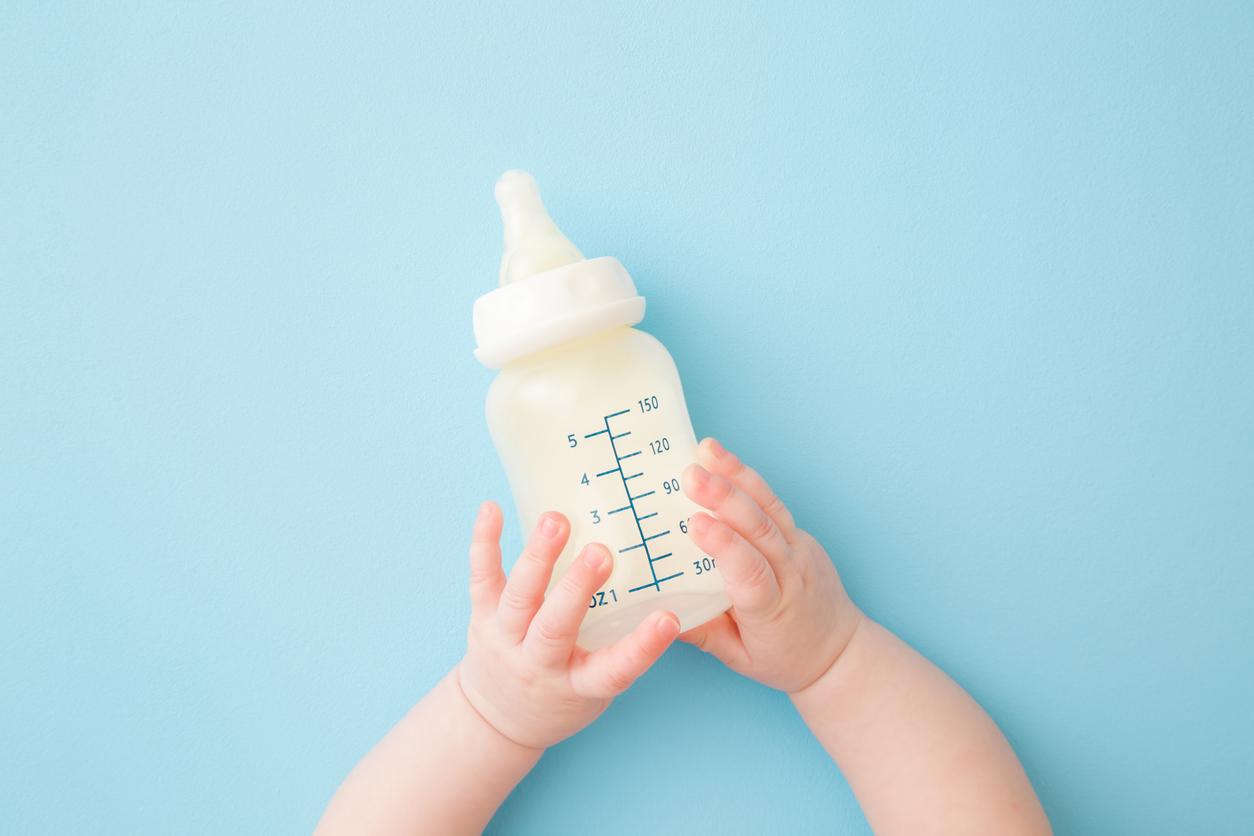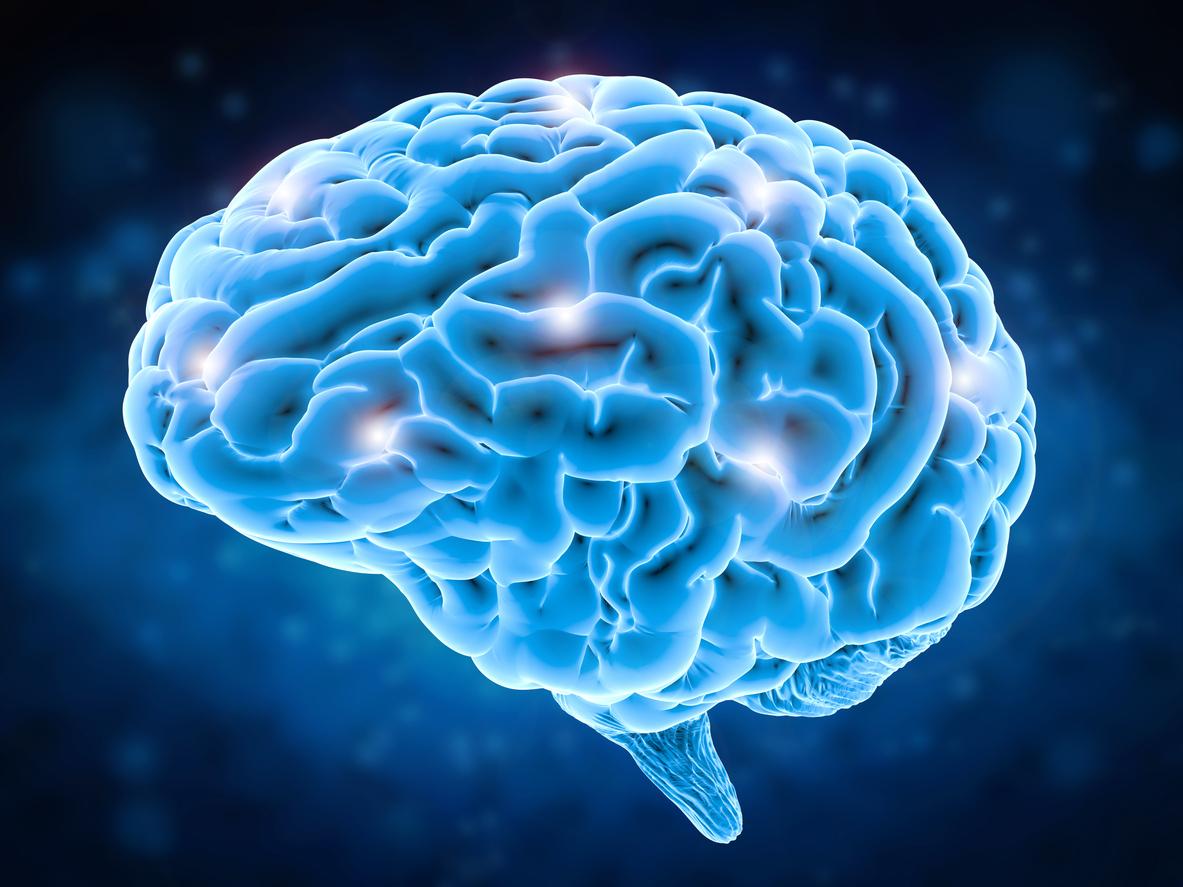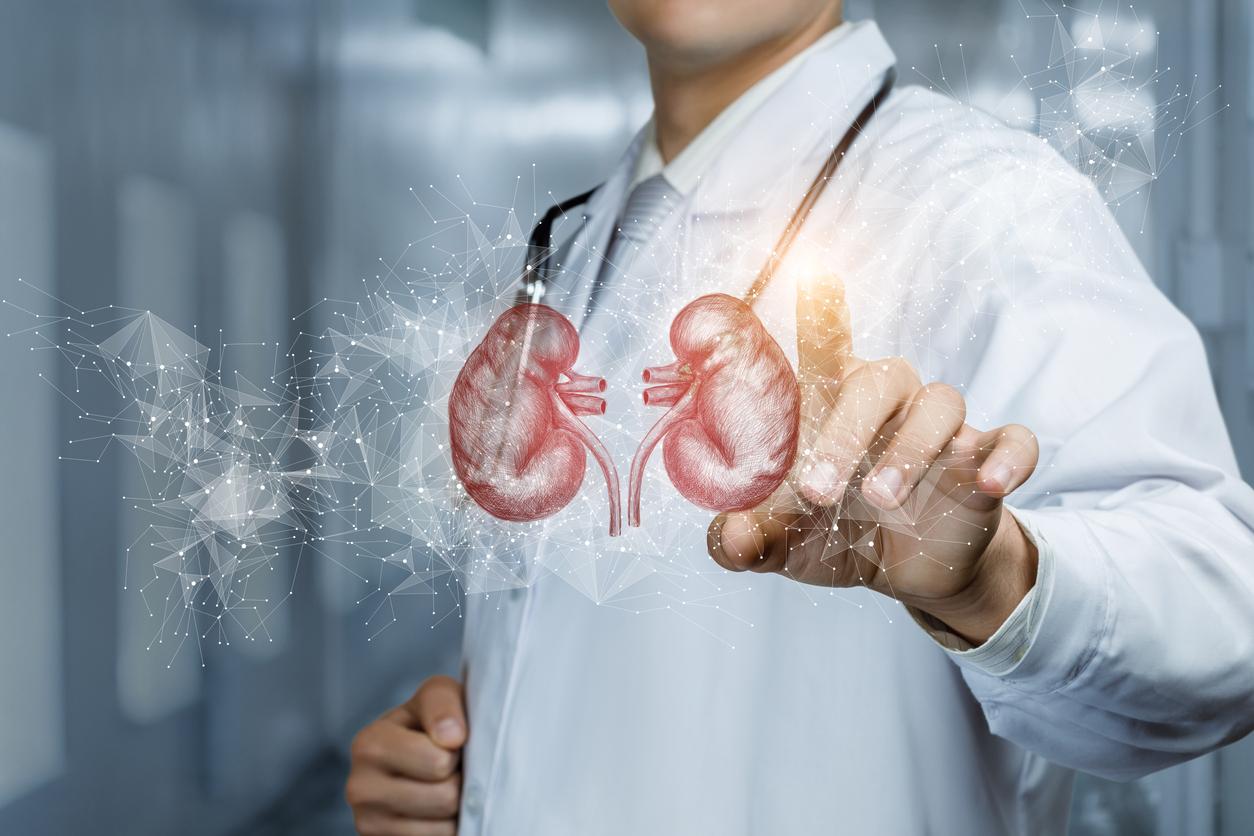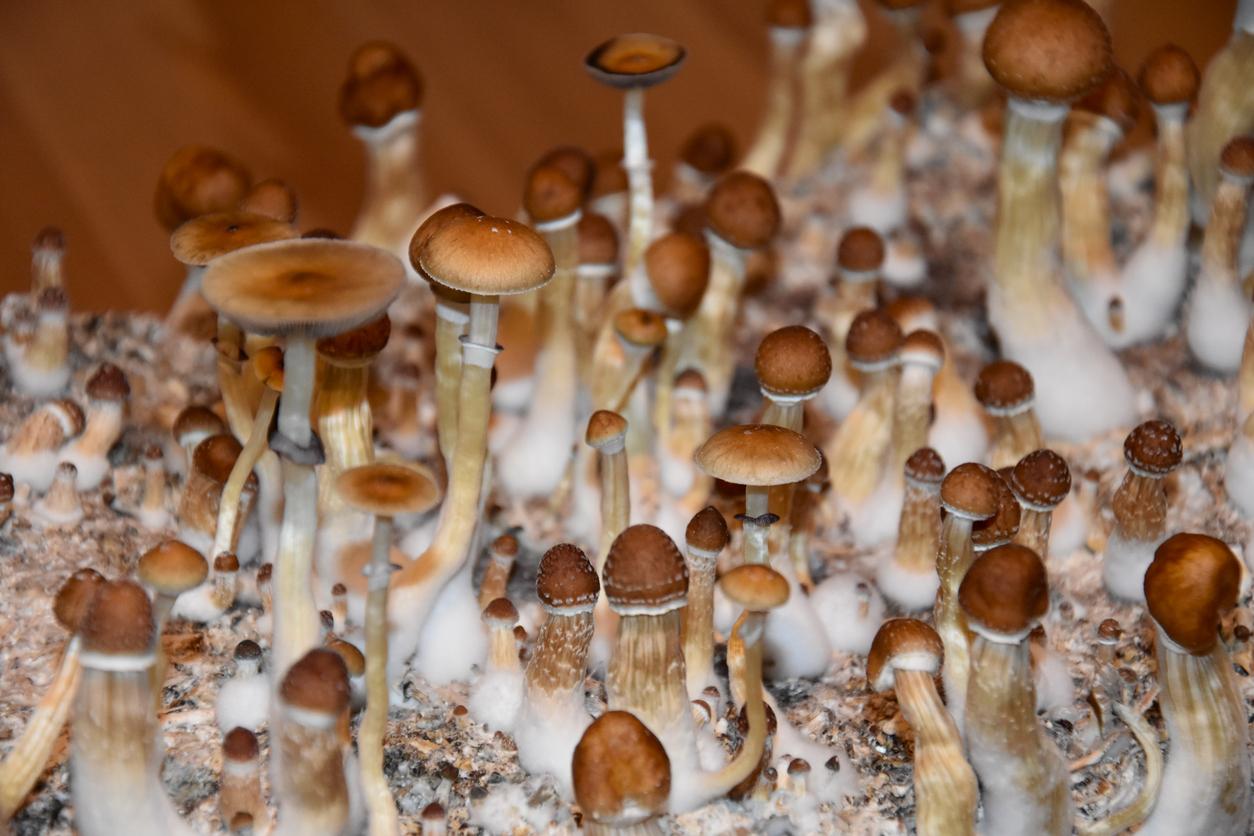A study carried out by Inserm, the Pasteur Institute and the CNRS shows that the vagus nerve, which connects the intestine to the brain, plays a key role in the appearance of depression induced by abnormalities in the intestinal microbiota.
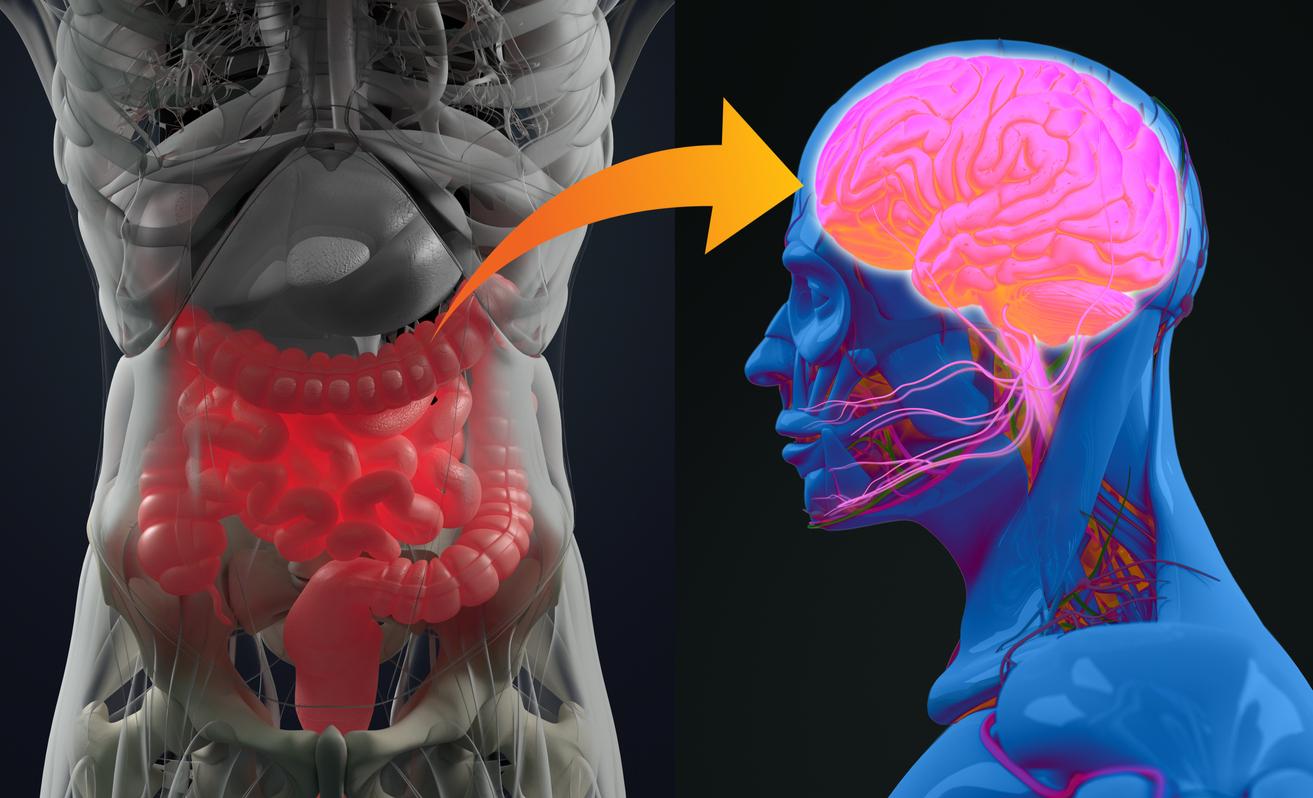
- A recent study has once again shown a link between the microbiota and mental health.
- In the work, when one of the mice was suffering from depression, gut bacteria were present near its vagus nerve.
- The vagus nerve, which belongs to the “parasympathetic autonomic” system, is the conductor of the gut-brain pathway during a depressive disorder.
This discovery supports the numerous studies linking the microbiota and mental health. Various works have been carried out to study the association between depression and the imbalance of intestinal flora. These studies have shown that people with depression have abnormalities in the composition of their intestinal microbiota, that is, imbalances between the bacterial populations that naturally colonize their digestive system. Some bacteria are in deficit, while others are in excess.
The role of the vagus nerve in the body
“The vagus, or pneumogastric, nerve is a nerve that belongs to the ‘autonomic’ system (which we do not control) ‘parasympathetic’ (which ‘preserves and restores’ by reducing heart rate and tension, allowing digestion among other things) . Its path starts from our cranium (more particularly the medulla oblongata) to different organs of our body (heart, stomach, respiratory tract, etc.). It transmits sensitive and motor nervous information to our bodyexplains Caroline Pombourcq, doctor-journalist. If the nerve impulses of the vagus nerve are disrupted by stress, heat or lesions for example, more or less disabling symptoms will appear: bradycardia (heart beating slowly), sweating, excess saliva ( hypersialorrhea), or even syncope (the famous vagal discomfort)”.
It is also the largest nerve in the body. Researchers from Inserm, the Pasteur Institute and the CNRS discovered that intestinal bacteria were found near this nerve and that they could impact its activity. In addition, the vagus nerve is connected to brain regions involved in managing emotions. These elements have led researchers to hypothesize that the vagus nerve plays a key role in communication between the gut and the brain, and therefore in the onset of depression.
Unbalanced microbiota: mice whose vagus nerve had been cut did not suffer from depression
In order to understand the role of the vagus nerve in depression, researchers carried out an experiment on mice. They carried out transfers of microbiota from depressed rodents to other animals that were not. The results revealed that healthy mice developed depression after the transfer of microbiota from the depressed mice. However, in mice whose vagus nerve had been cut, the transfer of microbiota did not result in depression.
“Stimulating the vagus nerve through meditation or massages could strengthen the effect of treatments thanks to better stress control. In addition, modulating the activity of specific proteins or molecules of the vagus nerve could help combat the severity or recurrence of depression in patients, hopes Eleni Siopi, first author in this study. Currently, only a third of patients are effectively relieved by medications, which means that additional solutions are awaited.”she concludes.












